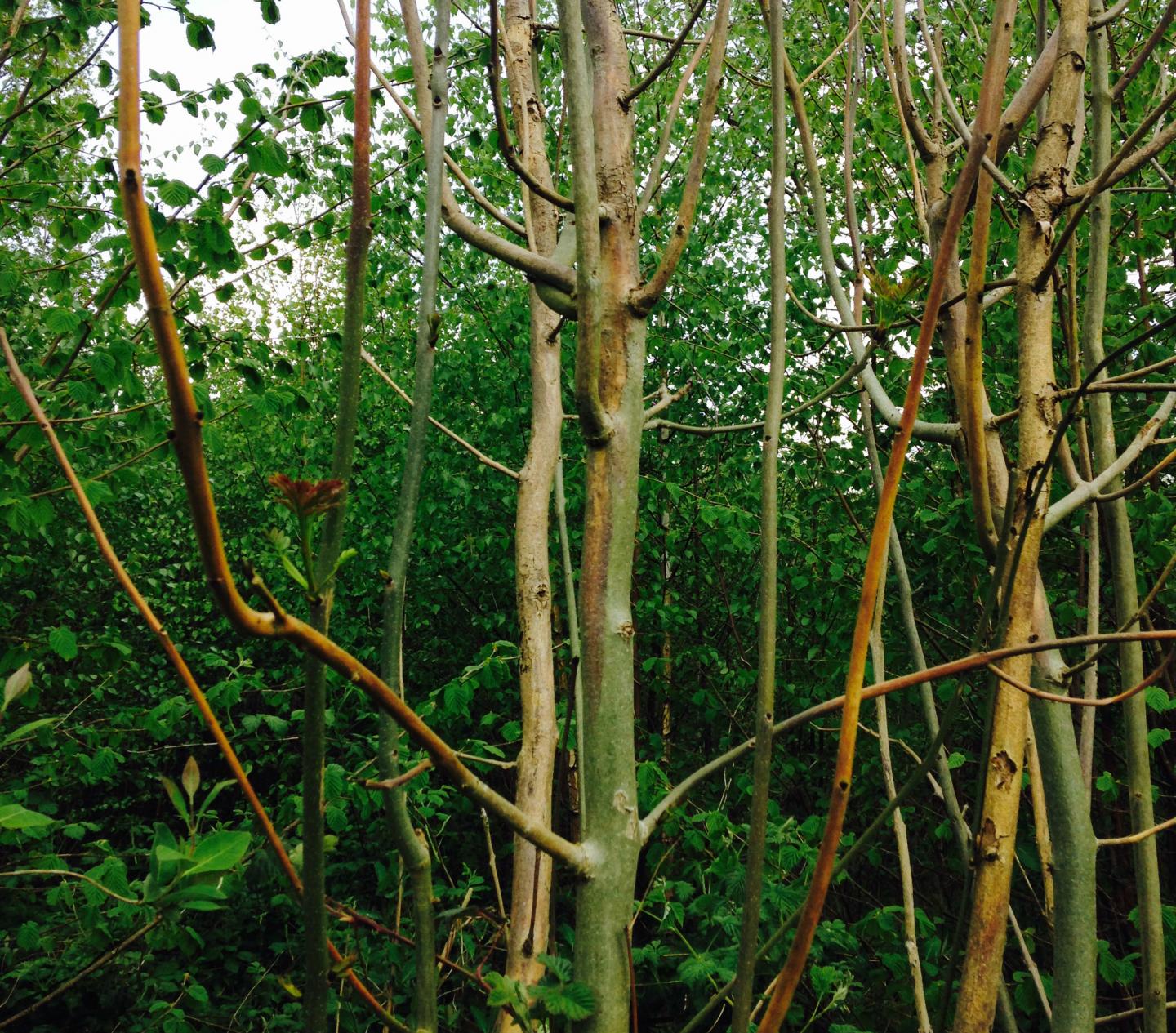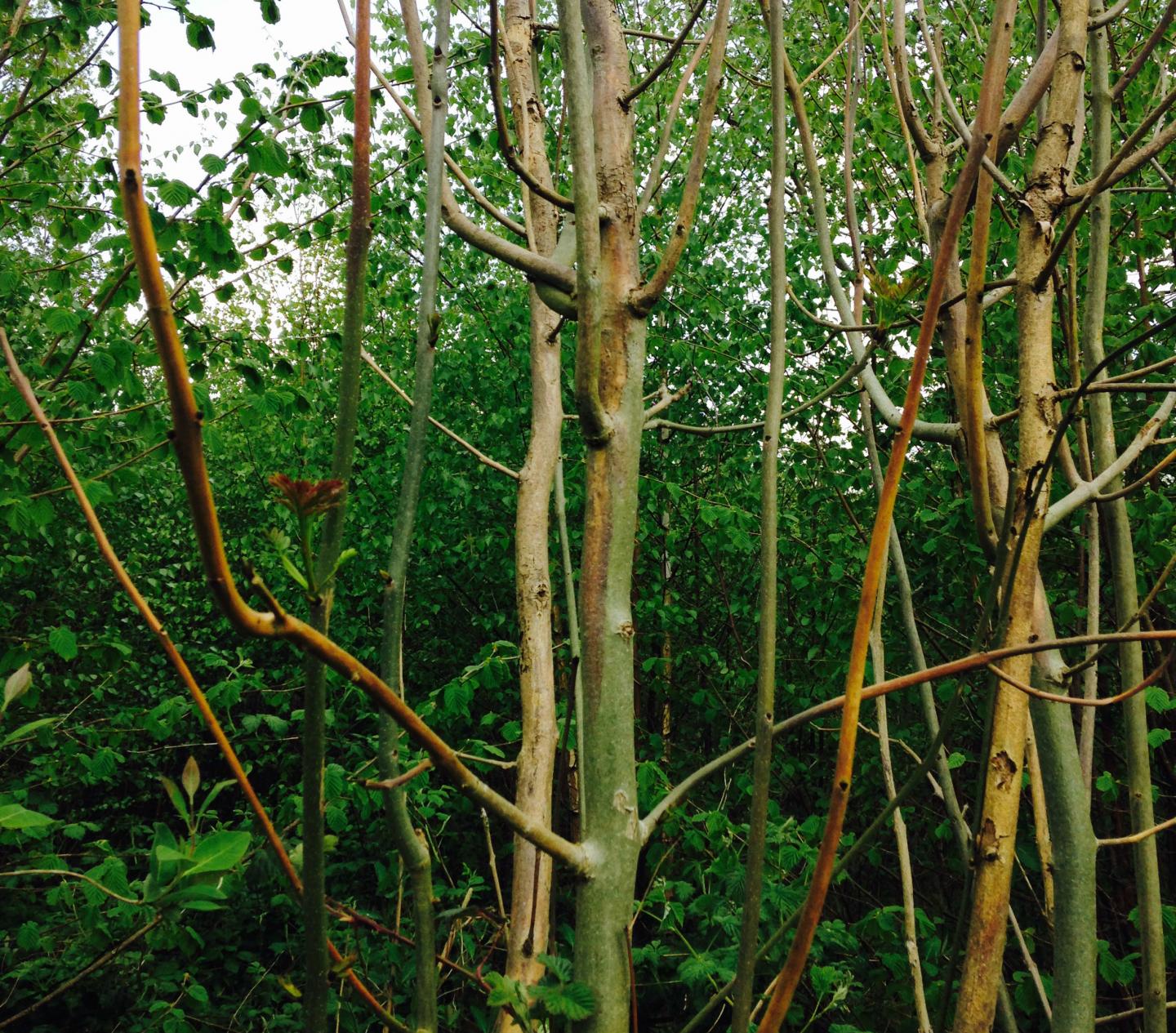
Credit: University of York
Researchers at the University of York have identified genetic markers for disease tolerance that suggest UK ash trees may have a fighting chance against a fungal infection, which has the potential to wipe out 90% of the European ash tree population.
The disease, called ash dieback, was first identified in Poland, where it devastated the native ash tree population. It rapidly spread across northern Europe, and was discovered in the UK in 2012.
Results from the latest study, a collaboration between the University of York and Queen Mary University of London, could contribute to breeding new varieties of ash that are tolerant to the disease.
The disease is aggressive, spreads quickly through the population, and has no cure, other than individual natural tolerance to the infection. It is spread on the wind or via the transfer of infected saplings between areas. Symptoms include loss of leaves and lesions, which are a useful way to diagnose fungal ash dieback, as they leave a characteristic diamond shape scar on the bark.
Professor Ian Bancroft, plant biologist at the University of York, said: "This disease has spread across Europe in less than 10 years so there is some urgency to understand how we can better support breeding programmes for the species.
"Ash trees can be found in home gardens, parks, and roadsides and are an important woodland species that support a number of insects and fungi. It is not known exactly how the loss of this tree species will impact the eco-system, but from past examples, we know that the extinction of any species can fundamentally alter the environment."
The York team had previously tested a genetic screening process on Danish trees. Using this data alongside information from the ash tree genome, which was sequenced by researchers at Queen Mary University, they were able to improve the genetic markers for disease tolerance, and use them to predict the tolerance of a sample of trees from across the UK.
Early indications suggest that the proportion of UK trees with tolerance to ash dieback is greater than that of the Danish and Polish trees, but it is still unknown whether the UK trees have previously been infected with the disease and built tolerance or whether their genetic tolerance is yet to be tested.
Dr Andrea Harper, plant biologist at the University of York, said: "Working with DEFRA, the next stage of this work will be to establish a UK panel suitable for identifying additional, UK-specific, markers for tolerance. This will improve our predictions on individual trees, and provide more information about why some trees are tolerant to the disease. It will also support breeding programmes to develop tolerant varieties of ash."
The research is published in the journal, Nature.
###
Media Contact
Samantha Martin
[email protected]
01-904-322-029
@uniofyork
http://www.york.ac.uk
############
Story Source: Materials provided by Scienmag





